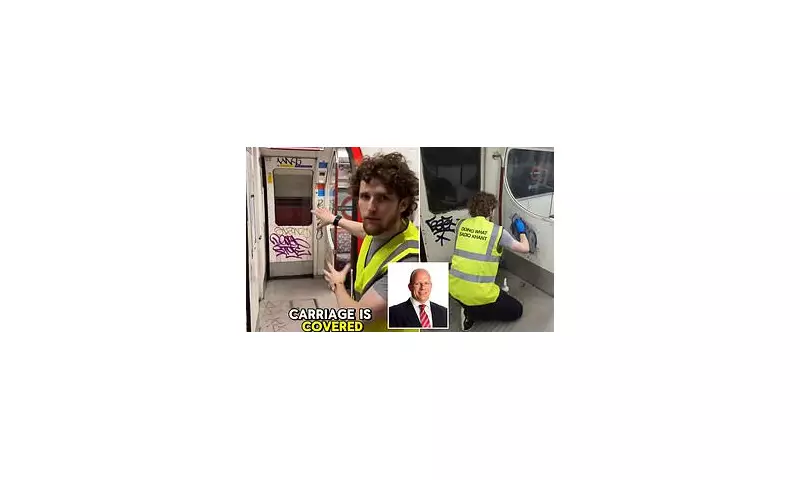
Transport for London's Commissioner, Andy Lord, is facing fierce criticism after allegedly making 'deeply offensive' remarks that smeared a group of volunteer anti-graffiti campaigners. The accusations centre on claims that Lord suggested the group was spray-painting trains solely for social media publicity.
The volunteers, operating under the name 'The Cleaning Squad', have dedicated countless hours to scrubbing graffiti from London Underground carriages at no cost to TfL or taxpayers. Their work has been widely praised by commuters for restoring a sense of pride to the network.
A Public Spat Erupts
The controversy ignited after a private email from Lord was leaked. In it, he is reported to have questioned the group's motives, insinuating that their cleaning efforts were a performative act designed to generate online content rather than a genuine civic contribution.
One volunteer expressed profound disappointment, stating the remarks were a 'kick in the teeth' after their hard work. The group has now formally demanded a public apology from TfL, arguing that the comments undermine their efforts and discourage other volunteers from coming forward.
TfL's Defence and the Fallout
In response to the growing scandal, a TfL spokesperson issued a statement attempting to clarify the Commissioner's position. They emphasised that TfL is 'incredibly grateful to all members of the public who report and help remove graffiti,' but acknowledged that only authorised staff should handle cleaning chemicals for health and safety reasons.
However, this explanation has done little to quell the anger. Critics have accused TfL of bureaucratic pettiness, especially as the organisation battles a perceived decline in station cleanliness and overall service standards. The incident has sparked a broader debate about the role of community action in maintaining public infrastructure.
This public relations misstep places further pressure on TfL management at a time when they are seeking continued government funding and public goodwill. The outcome of this spat may well influence how community volunteer groups engage with public bodies in the future.





